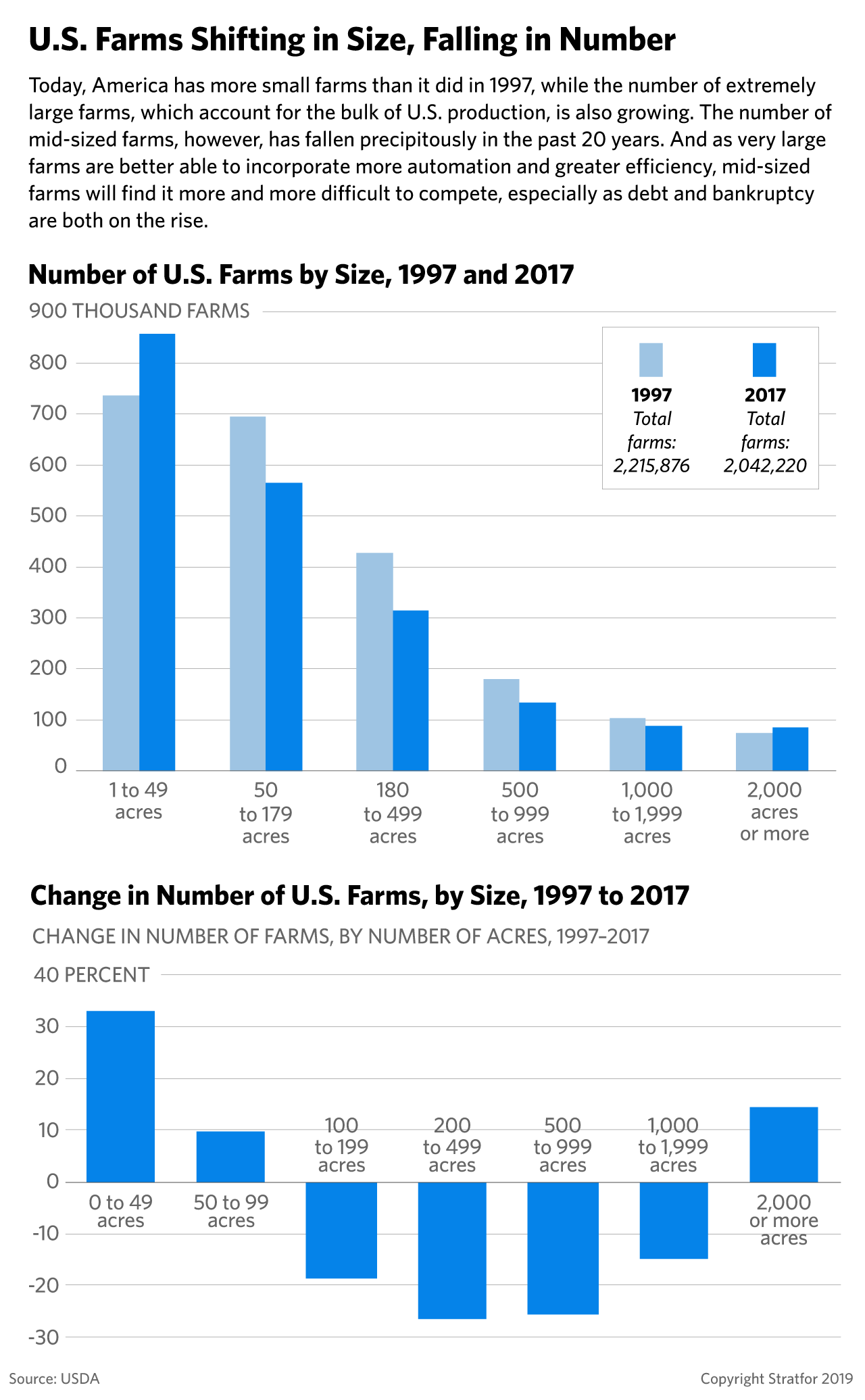Market Action
Global equities were little changed from a week ago, though trading throughout the week was choppy. The yield on the US 10-year Treasury note fell 8 basis points to 2.32% on growing concerns the current trade war will be protracted and on evidence of slower global growth. The price of a barrel of West Texas Intermediate crude oil declined $5 to $58 on those same concerns and because of mounting crude inventories in the United States. Volatility, as measured by the Chicago Board Options Exchange Volatility Index (VIX), was little changed at 15.8.
Expectations of a protracted trade battle between the US and China intensified this week. China’s president Xi Jinping threatened to withhold Chinese exports to the US of rare earth elements used in many high technology products, after the US weighed blacklisting several Chinese video surveillance firms just days after banning China’s Huawei Technologies from importing US technology. That ban was deferred for 90 days and Trump hinted that despite national security concerns Huawei might be included in an eventual trade deal.
Australia’s conservative government won a surprise victory in last Saturday’s national elections after voters in resource-rich districts turned against center-left opponents who had put climate change at the heart of their campaign. Behind in polls for more than two years, Prime Minister Scott Morrison’s Liberal-National coalition appealed to voters in battleground states such as Queensland, struggling at the end of a long mining boom, with a campaign focused on the economy and jobs.
Prime Minister Narendra Modi, India’s popular nationalist leader, won a sweeping mandate for a second five-year term, setting the stage for more economic reform of the fast-growing economy and more divisive social policies for his Hindu supporters. The huge win for Mr. Modi’s Bharatiya Janata Party was a devastating loss for the Indian National Congress party which once dominated Indian politics.
Flash purchasing managers’ indices for May revealed that the global economy continues to decelerate. Manufacturing readings in Japan and Europe are both signaling contraction in the sector while the US’ manufacturing measure fell to its lowest level in nearly a decade, 50.6, which is down sharply from April’s reading of 53. Final readings for May are set for release on June 3rd.
Forecasters expected Japan’s economy to contract at a 0.2% annual rate in the first quarter, but instead it expanded at a 2.1% annualized rate. The growth was largely driven by imports declining more quickly than exports, which suggests that domestic demand remains weak. Separately, Japan’s exports fell for a fifth straight month in April, the Ministry of Finance reported this week. President Trump is set to arrive in Tokyo Saturday for talks with Japanese prime minister Shinzo Abe.
What Could Affect Markets in the Week Ahead?
British prime minister Theresa May announced that she will resign on June 7th, shortly after a state visit to the UK by US President Trump. May will stay on as a caretaker until a new Conservative Party leader is chosen, in a process that will likely extend into July. While the Conservatives are expected to choose a Brexiteer to lead the party given its Leave–Remain split of Conservative Party members within the House of Commons, it remains unlikely that the UK will leave the EU without a deal. However, risks of a general election being called have risen.
Amid global trade conflict, slowing economic growth and an unresolved Brexit process, voters across the EU head to the polls this weekend to vote for members of the European Parliament. The voting began in the UK on Thursday and continues across the EU throughout the weekend. Both the Conservative and Labour Parties are expected to perform poorly. Ironically, the newly formed Brexit Party is expected to win the lion’s share of the vote, sending the largest number of the UK’s MEPs to a legislative body of which the party does not want the UK to be a member.
The unraveling of an alliance between conservatives and nationalists in Austria’s government could end the 18-month tenure of Chancellor Sebastian Kurz, as opposition parties have demanded a vote of no confidence in his leadership and the snap election will likely be . Mr. Kurz, one of the world’s youngest government leaders at 32, dissolved his ruling alliance between his center-right Austrian People’s Party and the nativist Freedom Party on Saturday after the publication of hidden-camera footage showing the latter’s chairman floating possibly illegal business deals before a woman he believed to be a Russian oligarch’s niece.
China’s Ministry of Commerce has said that the US must correct “wrong actions” if it wants to revive trade talks. US Secretary of the Treasury Steven Mnuchin said that no talks are scheduled but that it is unlikely that any additional tariffs will be put in place in the next 30 to 40 days. That would give US president Donald Trump and President Xi time to meet at the G20 summit in Japan in late June, potentially forestalling any further levies. Trump pointed to the G20 meeting as a potential turning point in resolving the conflict, saying there is a good possibility of a deal with China.
This Week From BlackSummit
The Bigger Picture: Reverberations and Echoes from Mapsidios Practices
John E. Charalambakis
Recommended Reads
Why the EU Is Stuck in Perpetual Crisis
Europe’s Only Decision by Carl Bildt – Project Syndicate
The US-China conflict challenges the world | Financial Times
Trade can no longer anchor America’s relationship with China – China and America
Video of the Week
Philanthropist Robert Smith pledges to clear student debt of Morehouse College grads

